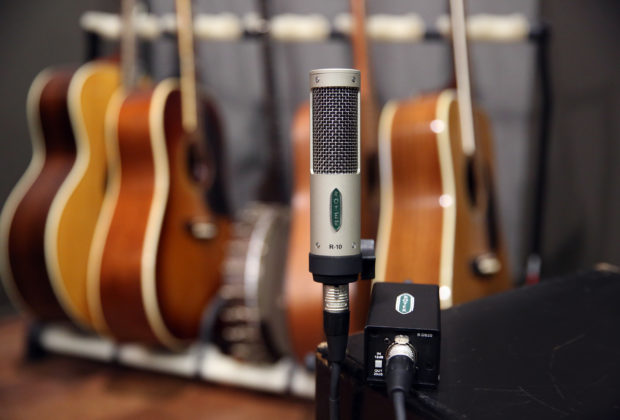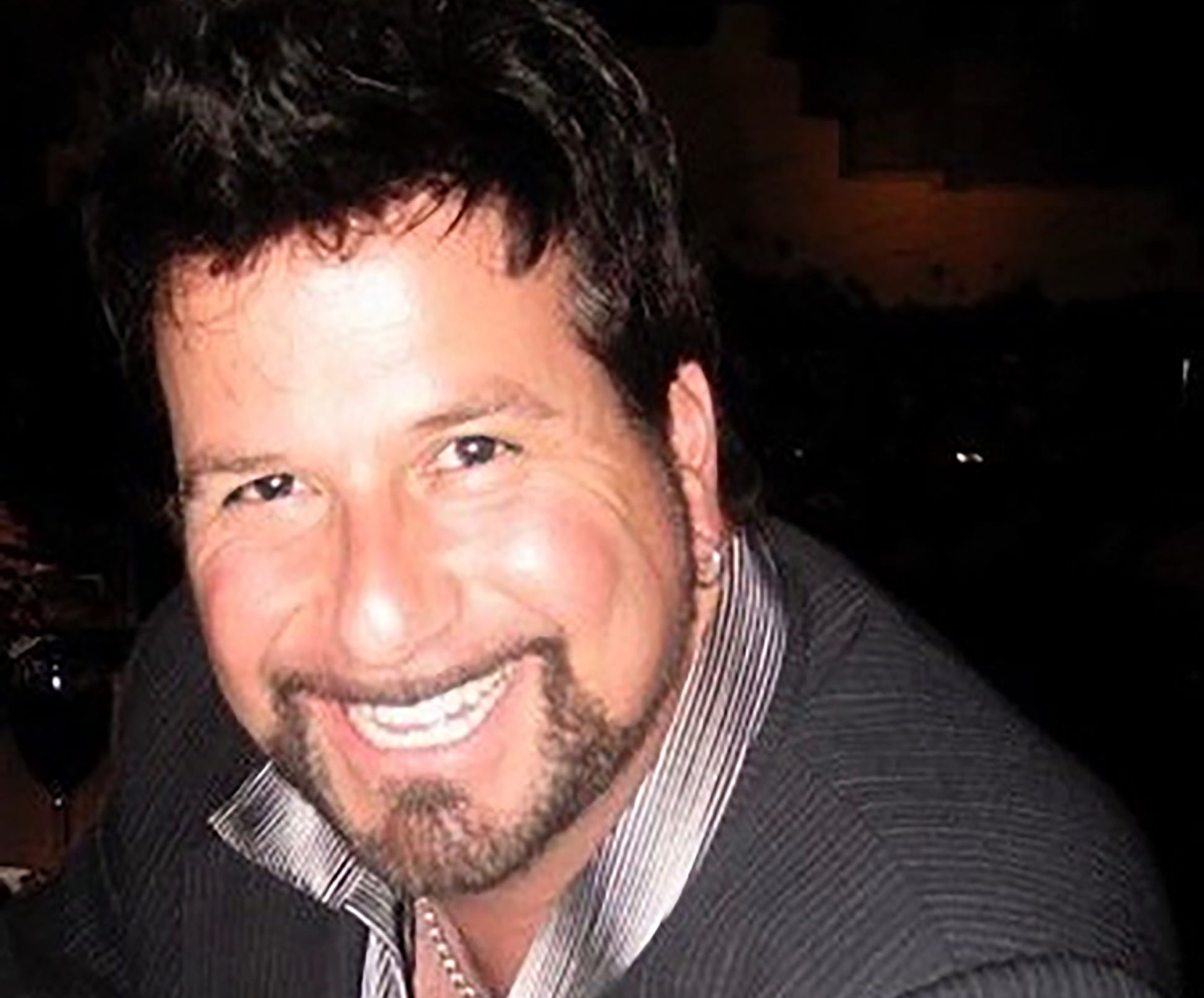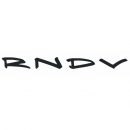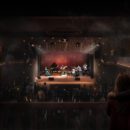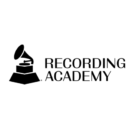Early ribbon microphones, such as the ones made by companies like RCA, were for years a mainstay in studio broadcast recording. They sounded good, but they were fragile and were for the most part used exclusively in studio environments. Modern designs like those pioneered by David Royer, founder of Royer Labs, offer less fragile ribbon elements and robust construction that greatly expand the ribbon microphones’ practical use, including miking louder instruments and utilizing the mikes in live situations.
The Royer R-10 is currently the most affordable ribbon microphone Royer offers. The R-10 is hand assembled at Royer Labs in Burbank, CA, and is on par in quality and construction with any other microphone in the Royer product line-up. The R-10 has a figure 8 polar pattern and features Royer’s patented offset ribbon technology, which keeps the ribbon in its sweet spot when recording high SPL (sound pressure level) instruments like the electric guitar and trumpet, two instruments the R-10 excels on. It utilizes an imported Royer-designed metal grill, which helps keep the cost down. The R-10 comes with a swivel mount as opposed to a shock mount, but the ribbon transducer is internally shock-mounted so vibrations are controlled without need of an external shock mount.
The ribbon in the Royer R-10 is a thin (2.5-micron) strip of corrugated aluminum (the same as in Royer’s R-121) suspended between two magnets, which generates an electrical signal in response to sound.
What makes the Royer R-10 unique is its shock-mounted transducer and protective three-layer windscreen system, which protects the ribbon element from wind blasts and also cuts down on proximity effect (the bass buildup you get when close miking an instrument or singer). Its price also sets this mic apart from the rest of the usually more-expensive Royer line.
The Royer R-10 can handle extremely high SPLs, up to 160 dB SPL @ 1 kHz, so placing it in front of a guitar amp at very high volume is no problem. The Royer R-10 is built rugged enough so that you will not be afraid to take it to your next live gig or tour date––it was the only mic used on Dave Grohl’s guitar cabs on the last 2-year Foo Fighters tour, so it can handle LOUD. The R-10, while an extremely durable microphone, still needs to be protected against excessive wind, shocks from drops, etc.
In use, the R-10 sounds extremely natural on electric guitars––the recorded sound is very much like what you hear at the guitar amp, and you can blend in an SM57 to get more bite if desired. It’s also great on brass instruments, drums and other high-volume instruments. Combined with Royer’s dBooster (for extra gain) it sounds really nice on almost all acoustic instruments and even on some vocals.
Royer dBooster
The Royer dBooster is a passive in-line signal booster that has two settings, 12 dB and 20 dB, allowing you to dial in different amount of gain when using passive ribbon or dynamic microphones. Combining Royer’s R-10 with their dBooster solves the low output level problem common to passive ribbon and dynamic mics.
The Royer dBooster is a perfect companion for the Royer R-10, functioning not so much as a pre-amp, but rather a signal booster that adds gain to the overall signal to create a usable recording or stage level. The dBooster is designed to be used in-line with lower output mics for sound sources like acoustic guitar, ukulele, vocals, etc. The Royer dBooster works great with the Royer R-10, as well as with just about any dynamic microphone, like the SM7 or stage and handheld models.
The Royer R-10 has a warmth and openness you will have to hear to appreciate. It’s a great microphone for live and studio applications and makes a great addition to any home or professional studio environment.
It is not the cheapest alternative, but for the price the Royer R-10 offers a step up to a premium microphone you will not run out of uses for. The Royer dBooster only adds to the microphone’s overall versatility and value. With a little common sense, you can use the R-10 as your go-to microphone in just about any live or studio situation.The Royer R-10 is available for $499 on the street, or $1,048 for a matched pair. The Royer dBooster is available for $179.
Find out more at royerlabs.com/r-10/ and royerlabs.com/dbooster.

